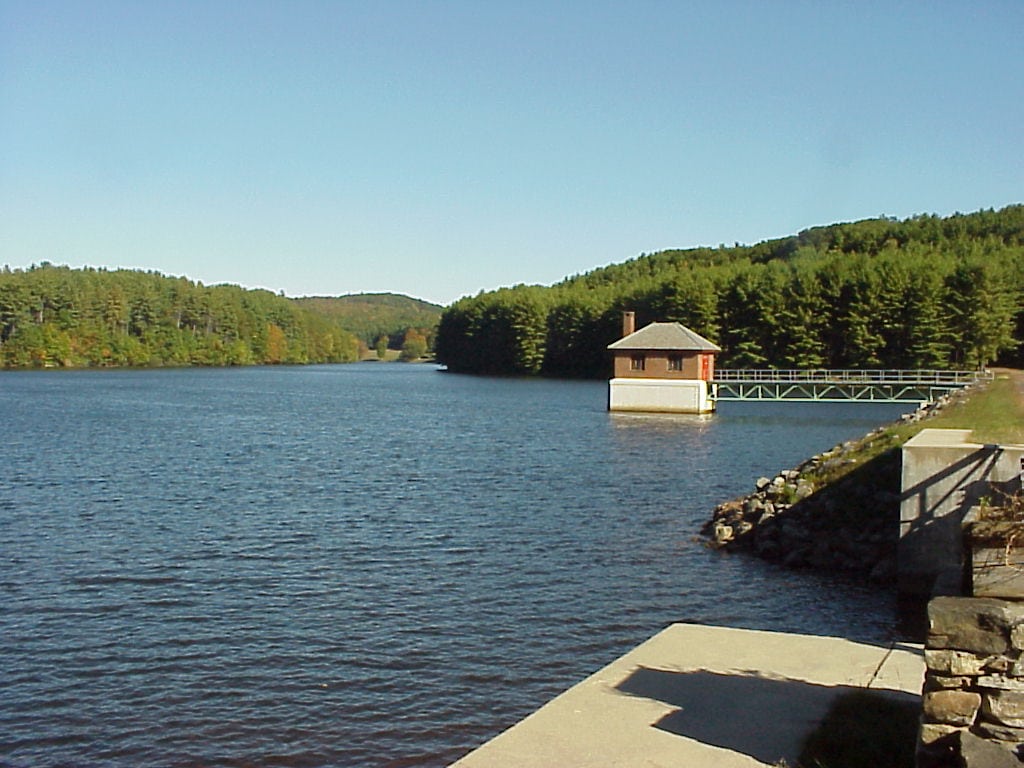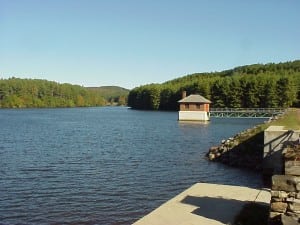WESTFIELD–Contrary to a report last week, the Granville reservoir has not been shut down.
The Granville reservoir, which usually provides the city with a majority of its water, was reported to be shut down by another news outlet over the weekend. However, according to Westfield system engineer Heather Miller, city officials have not officially shut down the reservoir. However, the decision to do so is likely.
“We are looking at shutting down operations at the water treatment facility that uses the Granville reservoir within the next week or so,” Miller said.
Miller said that the decision is based on the drought conditions in the Connecticut Valley–which Westfield is part of–that have worsened over the past two months. In fact, on Oct. 1, the Massachusetts Department of Energy and Environmental Affairs (EEA) upgraded the status of the Connecticut River Valley, Central, Northeast and Southeast Massachusetts regions from drought watch to drought warning.
This left just the Western Massachusetts and the Cape Cod regions as the only ones still in a watch.
According to the drought management plan set by the EEA, under a drought warning local governments are urged to further increase their water restrictions to maintain public water health and adequate levels. However, local governments decide how to implement this.
One option would be to shut down the Granville reservoir.
In spite of the situation though, local officials are confident that safe and adequate amounts of water can be provided to Westfield residents if the reservoir is shut down.
“Two years ago the reservoir was off for almost a year and a half while we rebuilt the spillway and did work [at the Granville reservoir],” Francis Cain from the Department of Public Works, said. “We know we can do it, it means you will be getting water from wells 2 3, 4, 5 and 6.”
Currently, wells 7 and 8 are offline until a new $2 million treatment facility is built to filter out PFOA and PFOS contaminants that are possibly related to firefighting foam used at Barnes Regional Airport.
Cain said that at least two of the wells will be able to produce a million gallons of water a day, which should keep up with water demand in the city.
Cain also said that demand should continue to lower, since the city has taken steps to reduce water needs and the winter months are approaching, which reduces water demand naturally. He also said that the city is still not enacting its interconnection agreement with Springfield, which would allow Westfield to purchase water from them.



